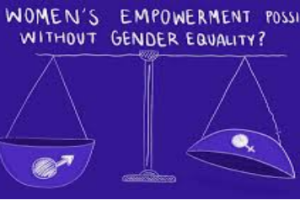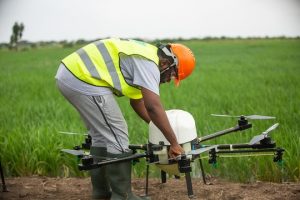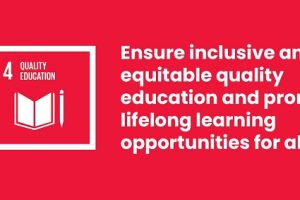
BY MENGISTEAB TESHOME
Africa is though home to 17% of the world’s population, it can currently produce only one percent of its vaccine needs because of various reasons.
According to recent research findings, approved vaccines prevent two to three million deaths per year. However, there is a lack of equitable access to vaccines in the low-and middle-income nations.
Even the manufacturing capacity of those countries is very limited owing to challenges related to the life cycle of vaccine production, including process development, lead time, intellectual property, and local vaccine production as well as raw material supplies and lack of expertise- skill and knowledge gaps.
Capacity building for the manufacturing of vaccines in developing countries has always been an area of paramount importance and more so in a pandemic situation. Therefore, there is a need for capacity building of workforce development, technology transfer, and financial support. Technology transfer has improved vaccine access and reduced prices of vaccines.
The Ethiopian Herald approached Temesgen Lemma, National Immunization Acting Manager with the Ministry of Health to have his reflection regarding this same issue.
As to him, the continent of Africa is home to more than one billion people, where health systems are often fragile and diseases are prevalent. Its vaccines and medicines manufacturing capacity is also too low and less than one percent of its vaccine needs, with the situation set to become even more acute in the future as populations grow.
He further noted that availing Africans with the most important inputs with approved vaccines creates opportunities in building prudent health systems aside from yielding wide ranging positive returns in addressing global and national impacts.
“We face a number of challenges in administering immunization: our national schedules are fixed as per the good will of donors, there is also shipment dalliance and sometimes we face stock out that leads to fluctuation in the national immunization program.”
However, if the country starts manufacturing vaccines, the problem would be eased to some extent, he opined.
He further noted that the move of the World Health Organization (WHO) in partnership with the Africa Center for Disease Control (Africa CDC) in mapping out six countries for vaccine manufacturing, and making Ethiopia one of them is great.
According to information obtained from Amref Health Africa, the countries selected to set up factories and produce vaccines are Rwanda, Nigeria, Ethiopia, Ghana, Kenya and Algeria.
Speaking on the occasion, WHO Director of Universal Health Coverage, in Africa Dr. Adelheid Onyango, said that the establishment of manufacturing plants in Africa will guarantee a fight against future pandemics.
She added that WHO is working towards improving regulatory capacities for the countries, through the Africa Medicines Agency, which was established last year.
Dr. Ahmed Ogwell, Acting Director of Africa CDC also said: “Africa CDC is generating interest in countries that would like to manufacture, but do not yet have the facilities.”
According to him, setting up the plants will prepare Africa for future pandemics, Ogwell added that Africa CDC also has plans of establishing diagnostic laboratories and therapeutic services.
On her part, Dr. Matshidiso Moeti, WHO Regional Director for Africa, said that counties should revamp investment in health for the reason it is a key determinant of socio-economic development for the continent.
“Critical lessons learnt from the pandemic are that health is a determinant of security, economy and education. It is therefore important to invest in health because it can lock out the development of any country,” said the WHO.
Dr. Githinji Gitahi, Group CEO, Amref Health Africa, said the continent should strengthen community health systems in order to fight diseases. “Health is a fundamental human right that countries should strive to improve,” he stressed.
As documents indicate, the Africa Centers for Disease Control and Prevention (Africa CDC) has undertaken an ambitious plan, outlined in the Partnerships for African Vaccine Manufacturing (PAVM) Framework for Action, to develop the nascent African vaccine manufacturing sector into an end-to-end industry by 2040.
The framework aims to raise the share of African-manufactured vaccines used across the continent to 60 percent by 2040, or the equivalent to up to 1.7 billion doses annually.
The Ethiopian Herald March 18/2023





